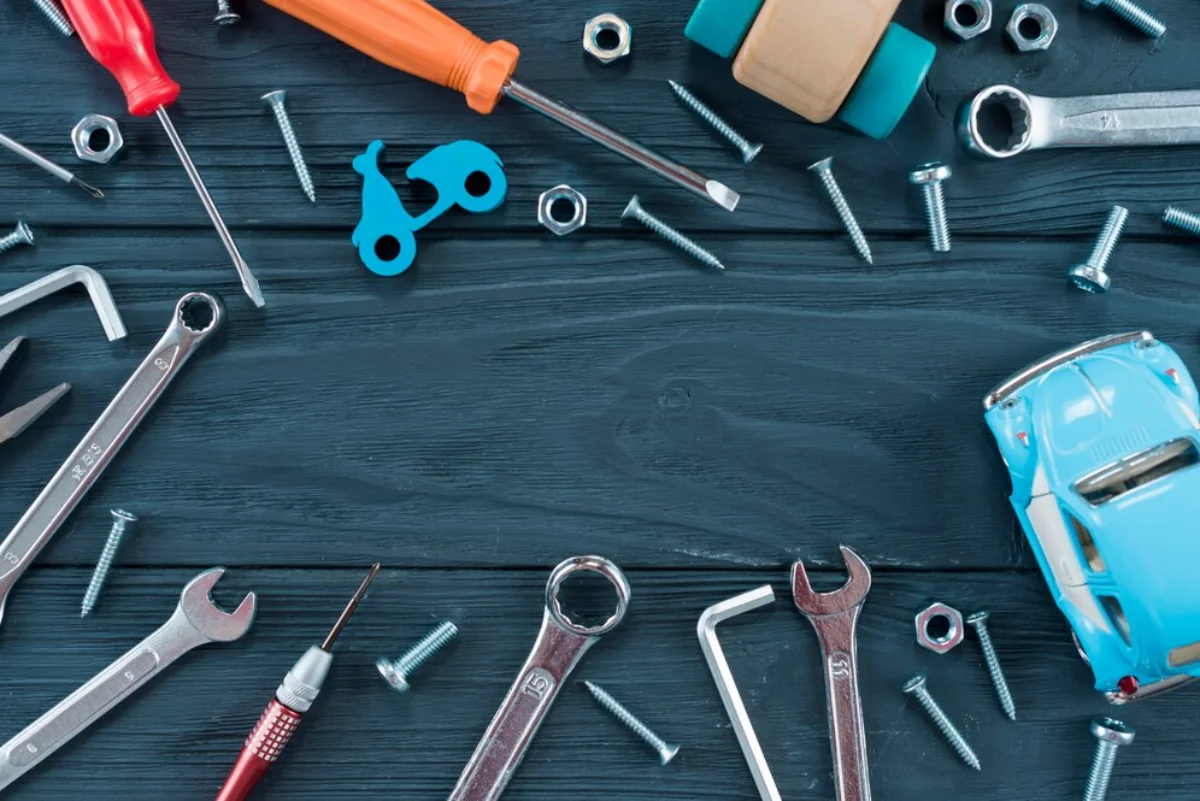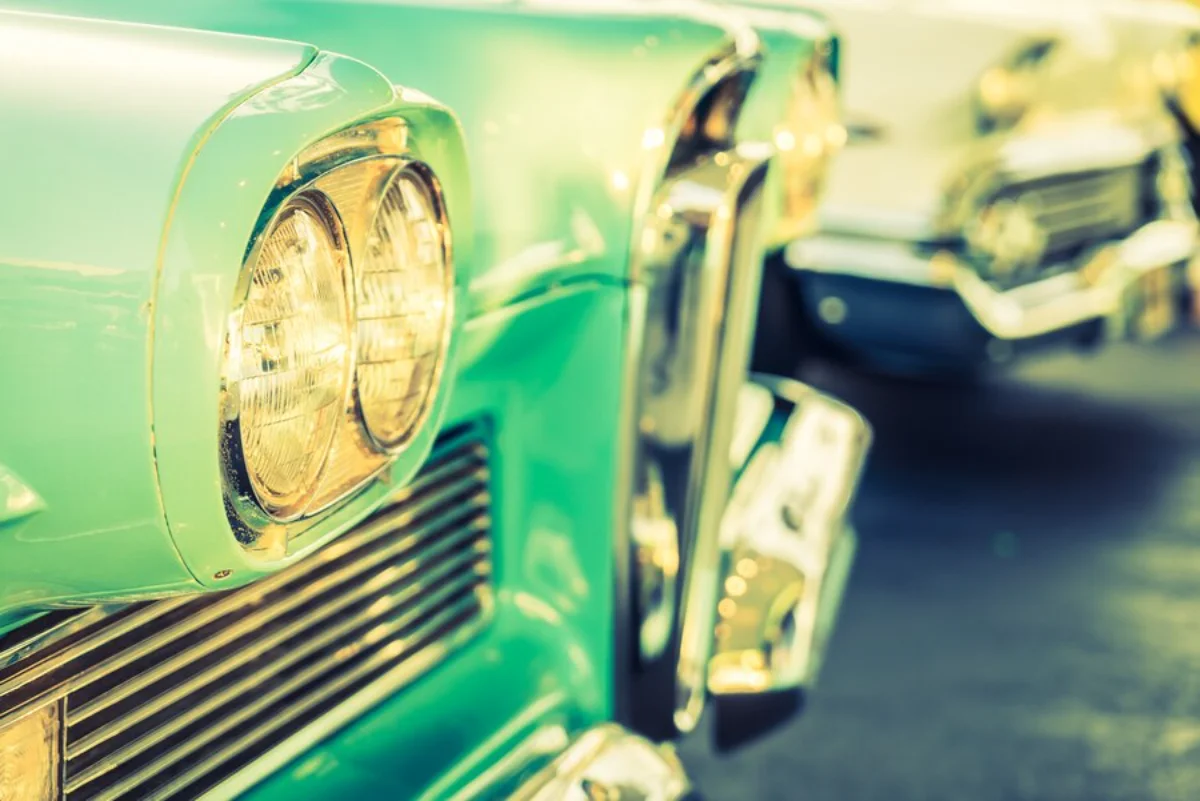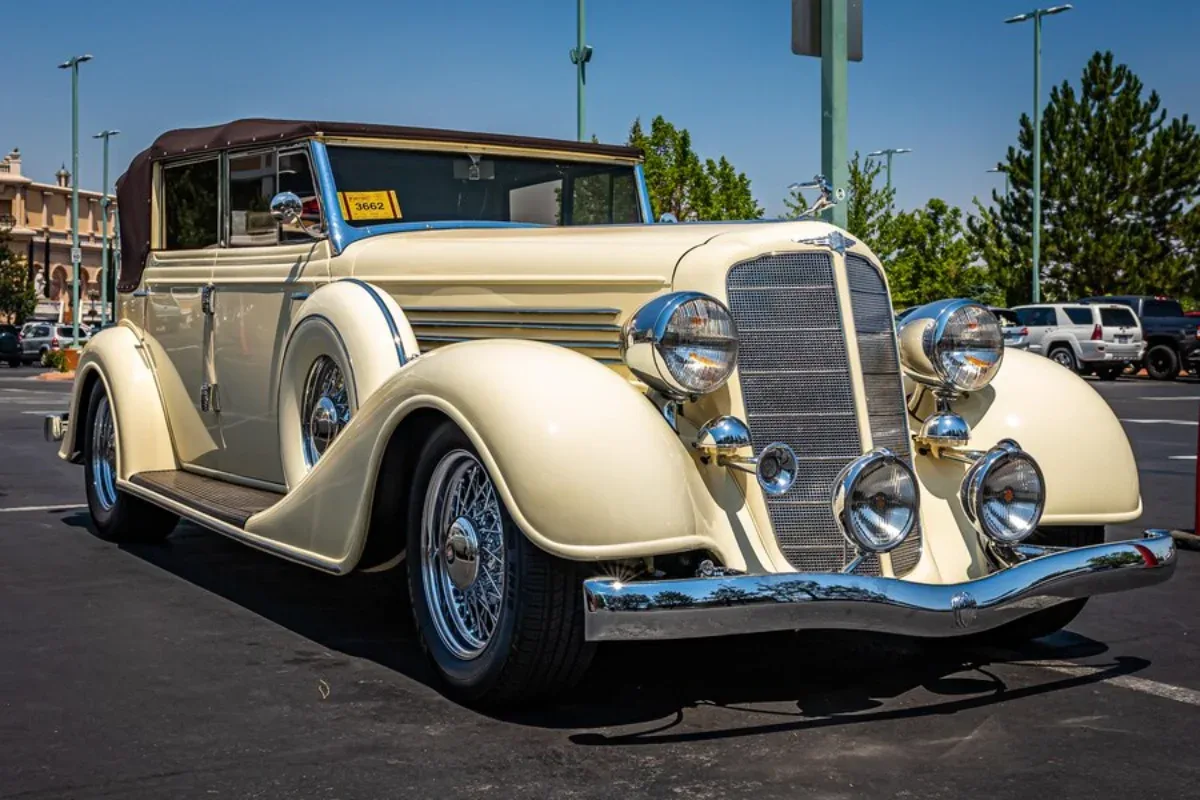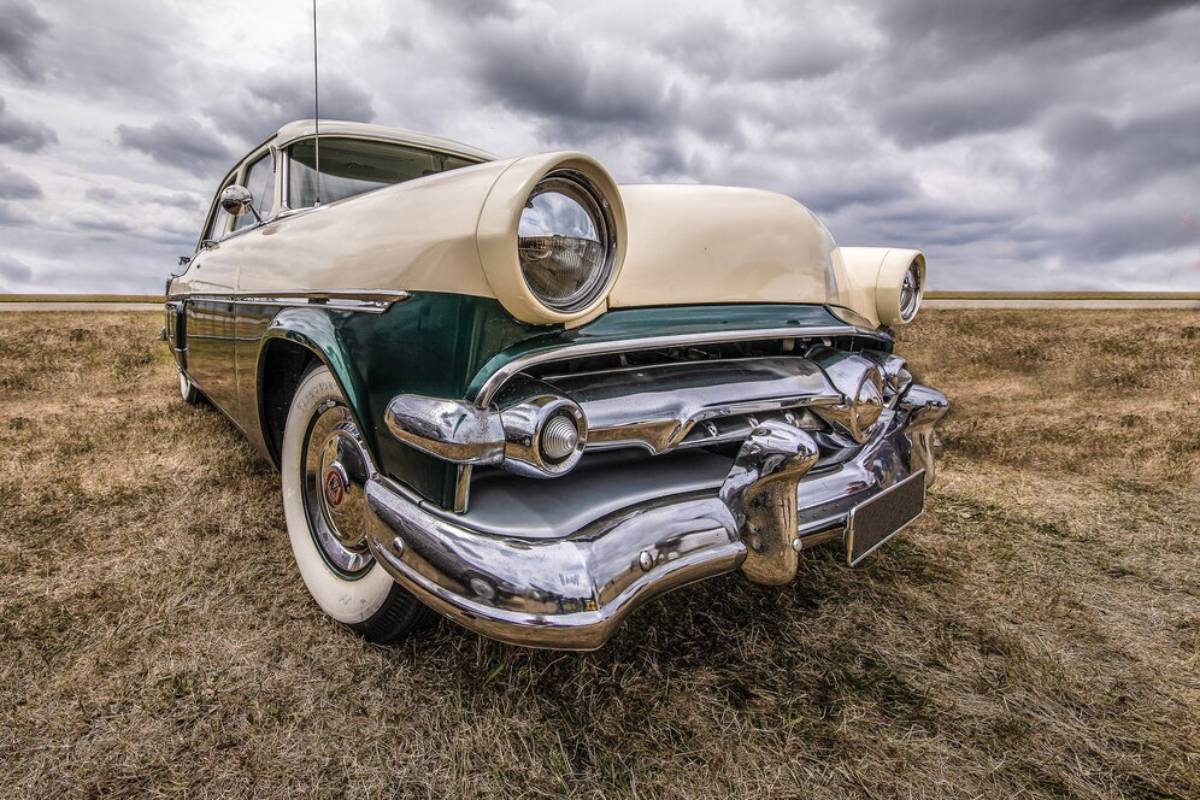
The Best Tools Every Classic Car Enthusiast Needs
Restoring classic cars is a passion that demands dedication, patience, and the right tools. For fans of vintage vehicles, a well-stocked garage is crucial to ensure that each project goes smoothly. Whether you’re a seasoned expert or a beginner, having the essential tools on hand can make a significant difference in the restoration process. These tools not only help streamline tasks but also ensure the quality and precision that these projects demand.
A good set of hand tools, including wrenches, screwdrivers, and pliers, is a must for any restoration. They’re used for disassembling and reassembling various parts of the car with accuracy. Power tools such as drills, grinders, and sanders are also necessary for cleaning, cutting, and polishing. Specialty tools like a torque wrench ensure that bolts and nuts are tightened to the correct specifications, preventing damage to the vehicle. Additionally, having a quality jack and jack stands to lift the car safely is essential for working under it.
Other crucial tools include a welder for metal repairs and a paint sprayer for restoring the car’s original look. With the right equipment and the right knowledge, restoring classic cars becomes an enjoyable and rewarding experience. These tools will help turn any restoration project into a success.

Why Having the Right Tools Matters
Restoring a classic car goes beyond just fixing it up; it’s about preserving history. Each car has a story, and restoration lets enthusiasts participate in that tale. However, without the right tools, even simple tasks can become tough challenges. The right tools boost efficiency and ensure precision, keeping the vehicle’s integrity intact.
Using proper tools also protects delicate parts, helping restorers maintain authenticity. Investing in quality tools pays off in the longevity and quality of your restoration projects.

Must-Have Classic Car Tools
1. Basic Hand Tools
Every classic car enthusiast should have a set of basic hand tools. These include screwdrivers, wrenches, pliers, and a socket set. Choose tools with ergonomic handles for comfort, and ensure they’re durable for long-lasting use.
2. Torque Wrench
A torque wrench is vital for tightening nuts and bolts to the right specifications. It prevents over-tightening, which can strip threads or cause part failures. A digital torque wrench offers precision and is easy to use, making it a smart investment.
3. Impact Wrench
An impact wrench is great for stubborn bolts and nuts. It uses rotational force to quickly loosen or tighten fasteners, saving time and reducing hand strain.
4. Multimeter
Electrical issues are common in classic cars, so a multimeter is a must. This tool measures voltage, current, and resistance, helping diagnose electrical problems. It’s essential for checking the battery, alternator, and wiring.
5. Engine Hoist
For larger projects, an engine hoist is essential. It safely removes and installs engines, offering support and stability. Look for a hoist with a high weight capacity and an adjustable boom for versatility.
6. Jack and Jack Stands
Safety is key when working on cars. A reliable jack and set of jack stands are critical. They let you lift the vehicle safely, giving access to the undercarriage for repairs. Make sure your jack and stands can handle your car’s weight.
7. Air Compressor and Pneumatic Tools
An air compressor is versatile and powers many pneumatic tools, including spray guns and impact wrenches. These tools make tasks like painting and sanding more efficient, saving time and effort.
8. Creeper and Mechanic’s Stool
Comfort matters when spending hours in the garage. A creeper lets you slide under the car easily, while a mechanic’s stool provides a comfortable seat at eye level.
9. Bodywork Tools
Restoring classic cars often requires bodywork. Hammers, dollies, and sanders are key tools. They help shape and finish body panels, giving a professional look.
10. Diagnostic Tools
Modern diagnostic tools can be used with classic cars, providing insights into performance. Tools like OBD scanners and engine analyzers help find problems. This makes your restoration more complete.

Additional Expert Tips & Common Mistakes to Avoid
Having the right tools is important, but knowing how to use them well is just as crucial. Here are some tips to improve your restoration experience:
Invest in Quality
Quality tools may cost more, but they offer durability and reliability. Choosing reputable brands ensures your tools will last and perform well over time.
Regular Maintenance
Like your classic car, your tools need care.
Avoid Over-Tightening
A common mistake is over-tightening bolts, which can strip threads. Use a torque wrench to tighten fasteners to the correct specs.
Take Your Time
Restoration is a careful process that requires patience. Rushing can lead to mistakes and lower the quality of your work. Take the time to ensure each step is done right.
Advanced Insights & Expert Recommendations
If you want to enhance your restoration skills, consider these advanced tips:
Custom Tool Kits
As you gain experience, customizing your tool kit can be useful. Tailor your collection to include tools for specific makes and models, improving efficiency.
Join Restoration Communities
Connecting with other classic car enthusiasts can provide support and knowledge. Join online forums, attend car shows, and participate in local clubs to share experiences.
Stay Updated on Techniques
Classic car restoration is always changing. Stay informed. Read industry publications, attend workshops, and watch tutorial videos. This will help keep your skills sharp.
To End It All
With the appropriate equipment and knowledge, restoring a vintage vehicle can be incredibly gratifying. Stock your garage with the proper tools, and get the advice of professionals. So, your restoration projects will be effective and entertaining. You should make sure to avoid any restoration mistakes. Quality takes longer, time cherish your tools, and make it enjoyable. Start your restoration path. Not only will you save a piece of automotive history, but you’ll be making lasting memories in the classic car community as well.
Are you prepared to start your next restoration project? Share your experiences and favorite tools in the comments below!


